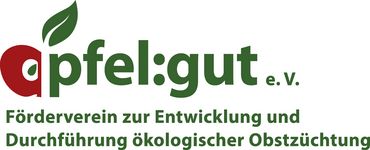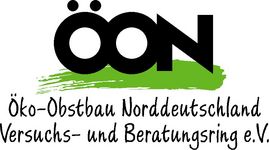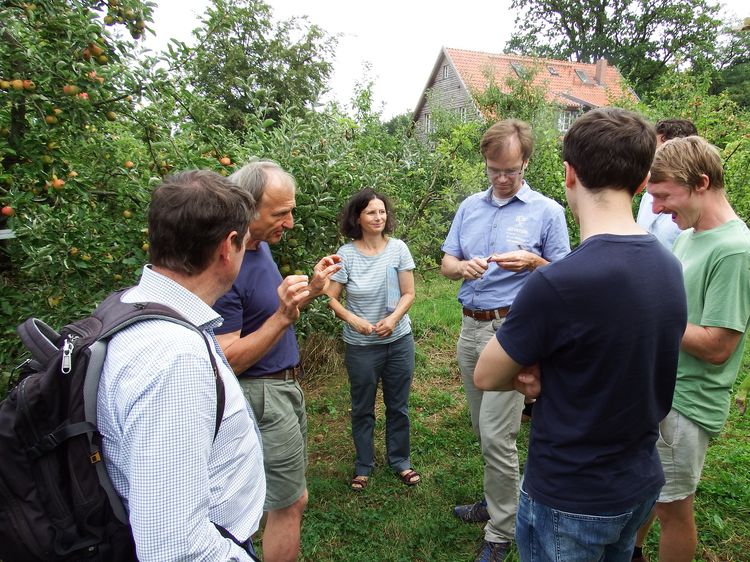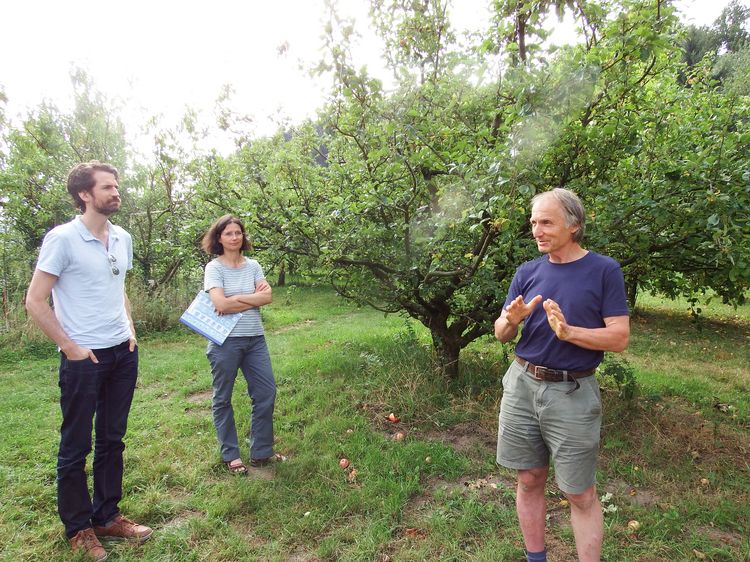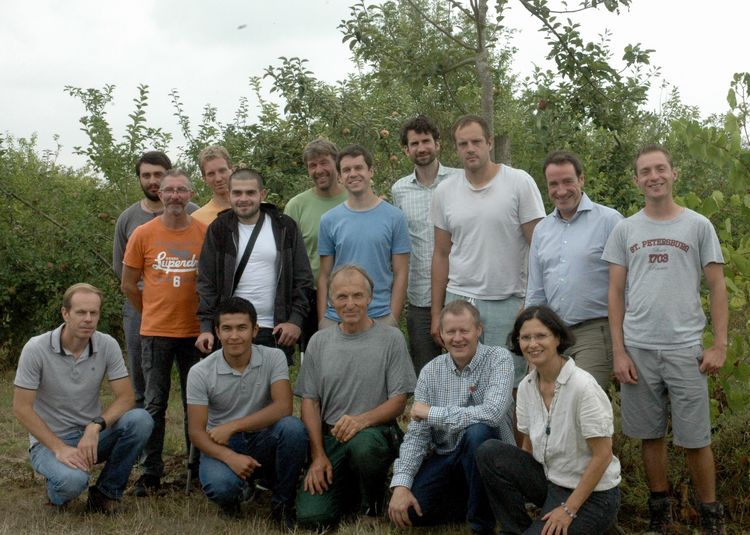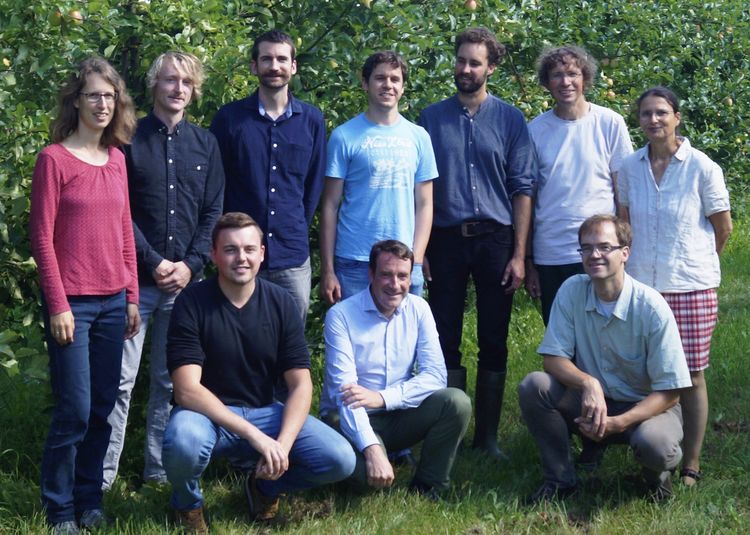Research Project EGON
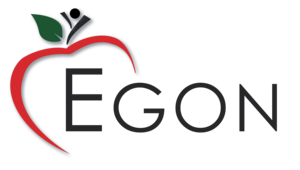
Contact
Research Associate (Social Science Part)
Mail: hendrik.wolter1@uol.de
phone: +49 (0)441 / 798-2983
Research Associate (Natural Science Part)
Mail: nicholas.howard@uol.de

Research Project EGON
Development of organically bred fruit varieties in commons-based initiatives (EGON)
The interdisciplinary research group EGON investigated the development of organically bred fruit varieties in commons-based initiatives from February 2017 until Juli 2020. This breeding approach is characterized by the utilization of the genetic diversity of heirloom and underutilized varieties in breeding, as well as the practical participation of a community of farmers and breeders. In EGON, studies were conducted from different perspectives in order to evaluate this breeding approach ecologically, economically, and socially.
The following major research questions were discussed:
- How can organic regional fruit farming be secured, innovative breeding concepts be developed and established, and the access to fruit cultivars be kept open?
- What are the differences of the conducted participatory organic fruit breeding approach in comparison to other breeding approaches?
- What ecological, societal, and economic impacts does the conducted participatory organic fruit breeding approach have under which conditions?
- What are the implications of the genetic diversity regarding the used cultivars in the breeding process?
The research contributions should also be transferable to other pome fruit varieties and should contribute to the discussion on sustainable orchards, agrobiodiversity, and food sovereignty.
Research Approach
Background
Research Partners
Practical Partners
Closing Conference of the EGON Research Project
Impressions
Publications & Presentations
Duration
01 January 2017 – 31 December 2019 (extended until 15 Juli 2020)
Funding
The state government of Lower Saxony promoted the three-year project from the “Niedersächsisches Vorab der Volkswagenstiftung”. The research group was one out of five projects, which have been promoted by the state government to strengthen sustainable agricultural production from 2017 onwards.

